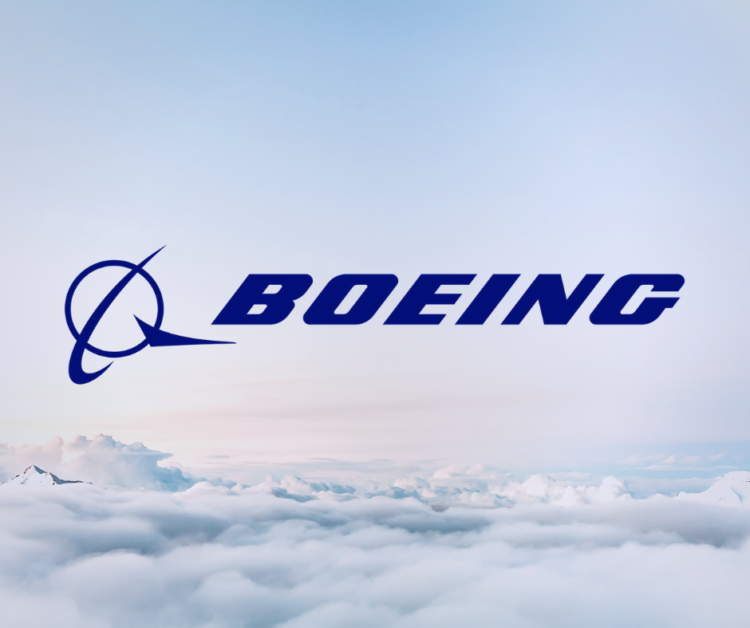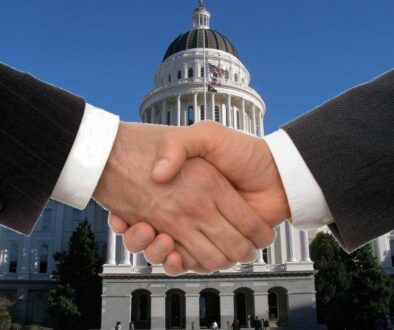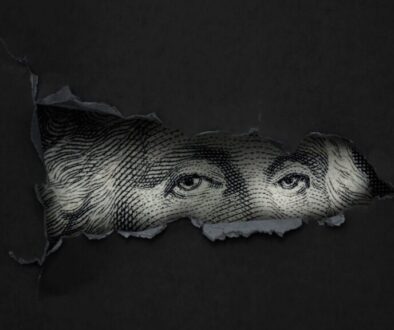Can Boeing Get Back on Course?
Less than two months after the Ethiopian Airlines crash of the Boeing 737 MAX that killed 157 people, Boeing will face its shareholders at its annual meeting on April 29 at the Field Museum in Chicago. One question on shareholders’ minds is whether Boeing’s significant influence over aviation regulators in Washington led to the tragic plane crashes in Ethiopia and Indonesia that killed a total of 346 people and has left Boeing embroiled in a legal and reputational fiasco.
Following the second crash, it was reported that the Federal Aviation Administration (F.A.A.) delegates much of the safety inspections of Boeing’s planes to Boeing engineers. This allowed Boeing to bring planes to market faster, an apparent win for cost savings and the company’s bottom line. However, the flipside is that, without thorough independent oversight, a company like Boeing can cut corners, compromise air safety and ultimately find itself facing the aftermath of two fatal plane crashes.
Boeing’s own shareholders have been asking for oversight and disclosure about the company’s government influence, filing shareholder proposals at the last five annual meetings asking Boeing’s board to disclose the company’s federal and state lobbying expenditures, including all payments to trade association used to lobby. Boeing will face this proposal again at its annual shareholder meeting Monday. Will the board take the sixth request for lobbying disclosure any more seriously in the wake of the recent fatal crashes that wiped out some $27 billion in market value?
While companies are required by law to report their federal lobbying, this information fails to capture many arenas where corporations also lobby. At the state level, it’s nearly impossible to get a full picture of a company’s lobbying activity because the 50 different state disclosure requirements are uneven and the data is hard to digest. Additionally, corporations contribute millions annually to trade associations and social welfare organizations that lobby indirectly on their behalf, and shareholders have zero access to this information unless companies voluntarily disclose it.
The largest lobbying trade association in the U.S. is the Chamber of Commerce, whose immense lobbying influence is directly funded by its member companies. The Chamber spent $95 million on federal lobbying in 2018 and has spent more than $1.5 billion since 1998. The Chamber pushes a controversial agenda including its consistent opposition to climate change regulation. Boeing is listed as participating in the U.S. Chamber of Commerce Foundation, which is the Chamber of Commerce’s charitable group, but shareholders have no idea if Boeing belongs to the Chamber. They want to know if the company is making payments to the Chamber which are used to lobby on its behalf.
This is not the first time Boeing has faced scrutiny for its lobbying activity. In 2006, Boeing was fined $615 million, the largest known fine of its kind at the time, after the company hired a top Air Force official right after she had helped Boeing secure a deal to build tanker aircraft and lease them to the Air Force. The Air Force official and Boeing’s Chief Financial Officer at the time went to prison, and Boeing’s CEO resigned following the scandal.
Now, 13 years later, shareholders are calling on the company to disclose its procedures and policies for overseeing its lobbying activity as part of the shareholder proposal up for a vote at the annual meeting. It’s unclear at this point whether the proposal will receive a majority support of shareholders. With a more than 19% ownership stake in Boeing Vanguard, BlackRock, and T. Rowe Price are in a position to move the needle on this issue. These mutual fund companies consistently vote against this type of disclosure proposal despite the fact that without transparency, corporate lobbying can present reputational risk that harms shareholder value.
Both the Ethiopian Airlines crash and the Lion Air plane crash in Indonesia are devastating tragedies that illustrate the grave consequences of a reckless regulatory environment where corporations can court government officials to loosen oversight of their activities in pursuit of profit. At a macro level, one could argue it’s time to strengthen the regulatory environment through disclosure, corporate accountability, and regulatory reforms. But at the company level, Boeing needs to begin the hard work of rebuilding its reputation and earning back shareholder trust. Boeing and its board can start this path by embracing accountability and being fully transparent with shareholders, including disclosing its lobbying. Lives have been lost, and Boeing’s reputation is on the line.



